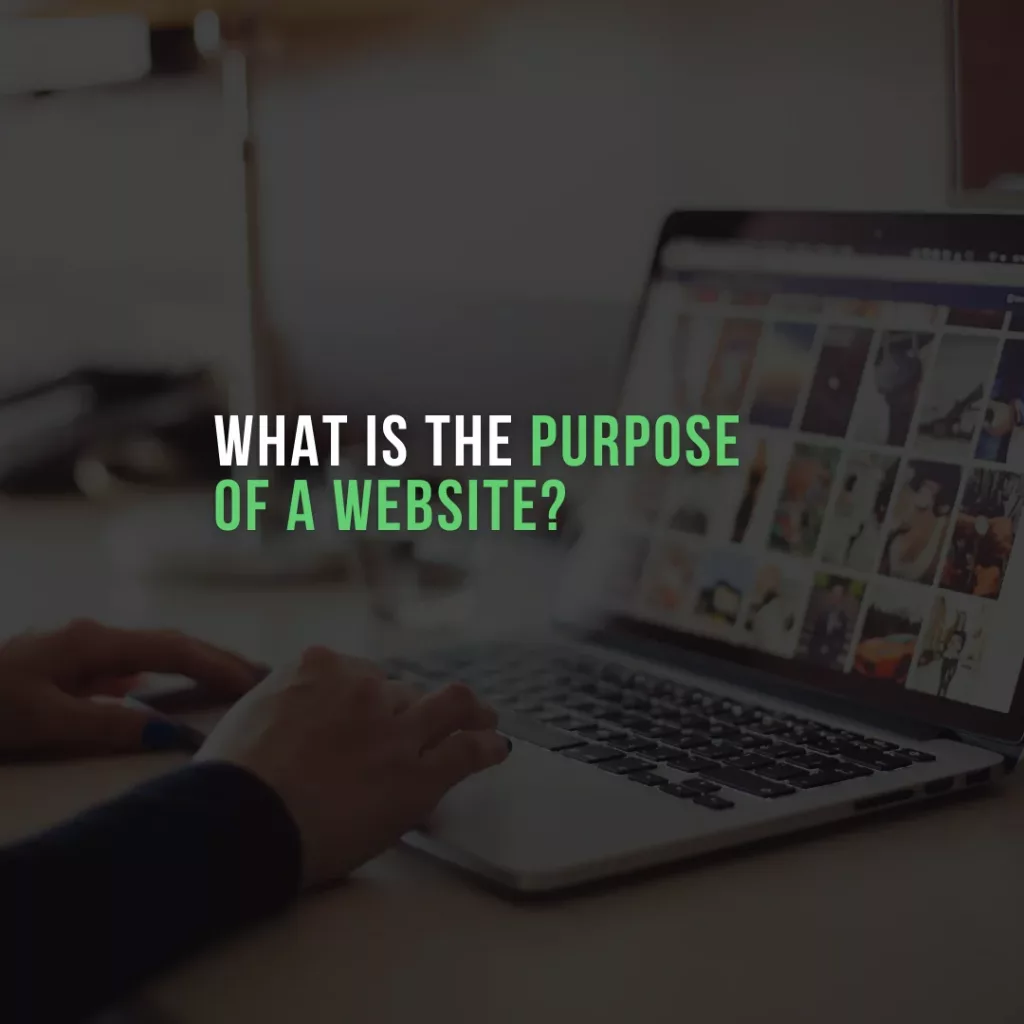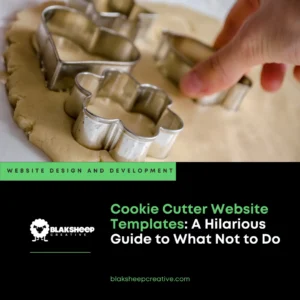Creating a website is a futile effort if you don’t define your website’s purpose from the onset. Different types of websites have different purposes, depending on who the intended audience is.
Some websites are intended to sell products online (eCommerce). Some are designed to be used as tools in a small business’s sales process, namely lead generation. Others are geared towards providing practical information, and some are merely for entertainment.
In this article, we’re going to discuss the purpose of a website and items you should keep in mind when planning yours.
Website Purposes
Before we talk about the different types of websites and how they each serve a purpose, let’s take a deeper dive into a website’s goals. Some of the objectives that a website may help are:
- Informing a target audience
- Building a community
- Reducing business cost or making it more efficient
- Lead generation
- Market research
- Reaching a larger audience with a message / larger online presence
- Selling products or services (eCommerce)
- Selling advertising space
- Branding your business or product
- Creating buzz for a small business
- Establishing trust for a brand
- Finding new employees
Bear in mind that the above list is just some examples of what a website may be created to do. There are, of course, other reasons. These are just the most common that our team of web developers has created recently.
Now, let’s look into some of the most common types of websites and their purposes.
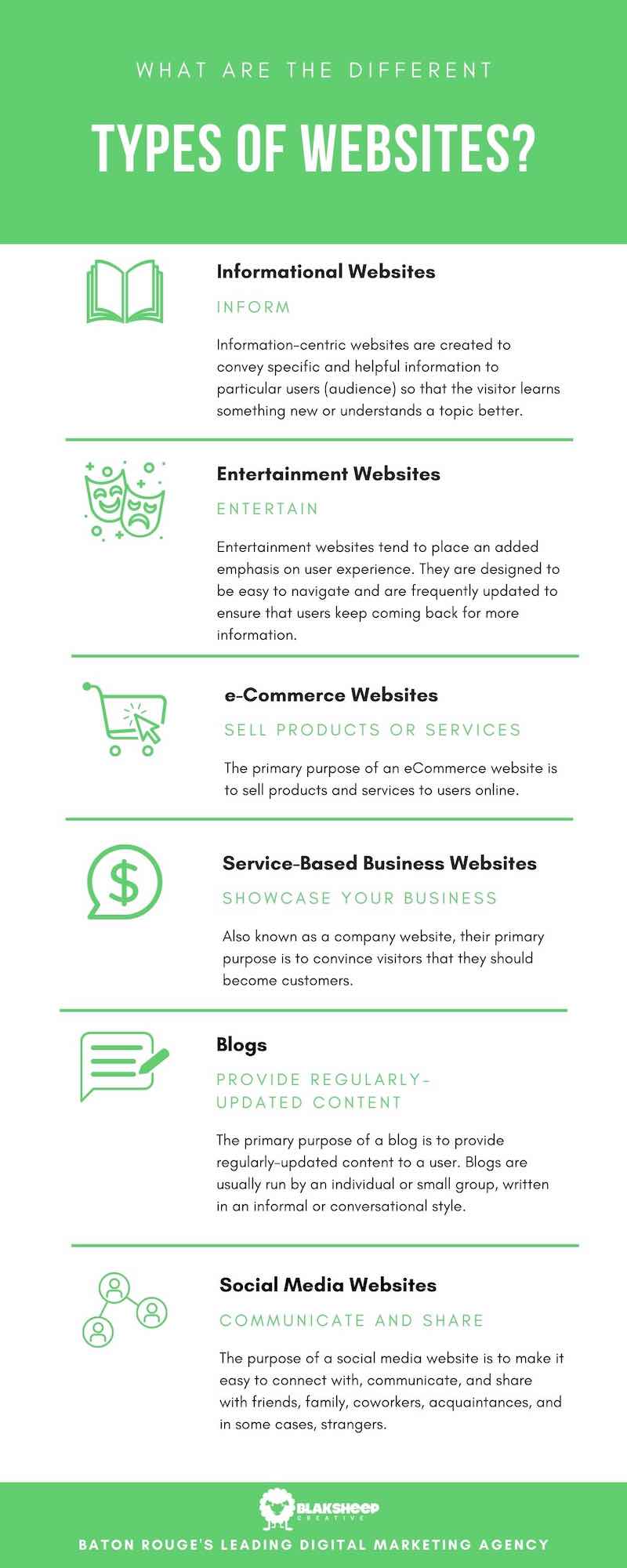
The Purpose of Informative Websites
Information-centric websites are created to convey specific and helpful information to particular users (audience) so that the visitor learns something new or understands a topic better.
These types of websites typically contain actionable information such as:
- How to perform a task (“how to’s)
- Tips and tricks
- Fix and repair
- Support information
- Directions
- Instructions
- Guidance
In essence, an informative website’s primary purpose is to share information.
The Purpose of Entertainment Websites
Think of entertainment websites as informative websites with the sole purpose of entertaining. Typically, these websites showcase entertaining information to visitors. Some examples of entertainment websites are:
- Online magazines
- Gossip-oriented websites
- Celebrity news
- Sporting coverage
- Movies
- The arts
- Funny websites
- Satirical websites
Entertainment websites tend to place an added emphasis on user experience. They are designed to be easy to navigate and are frequently updated to ensure that users keep coming back for more information.
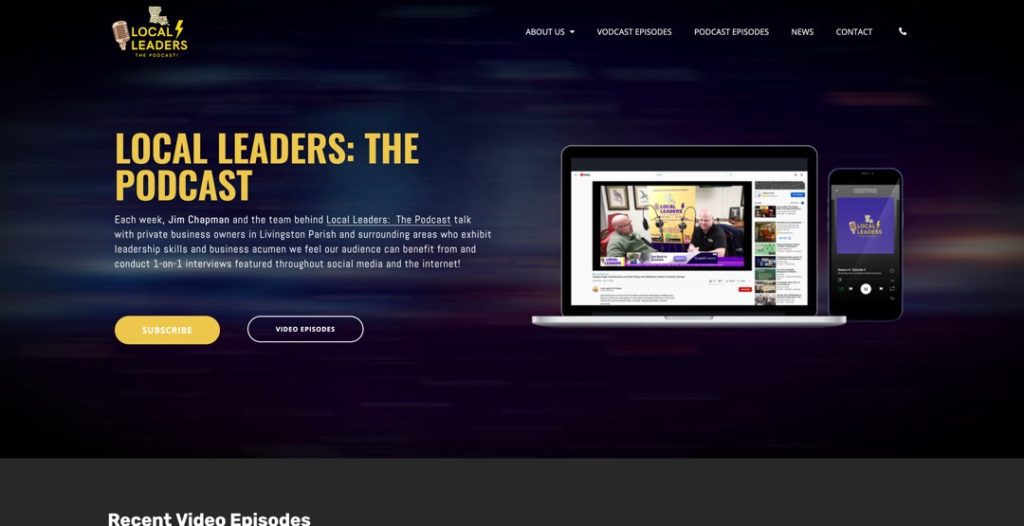
Websites whose purpose is entertaining are also made more engaging by offering visitors dynamic content such as videos, podcasts, slideshows, or other multimedia elements.
The Purpose of E-Commerce Websites
The primary purpose of an eCommerce website is to sell products and services to users online.

The most successful eCommerce websites are carefully designed to convert visitors from visitors to buyers.
You can learn more about what an eCommerce website is on our post “What Is eCommerce?“
To successfully do this, online stores need to integrate marketing strategies and techniques.
Some of the methods that an eCommerce website may use are advanced closing and upselling methods.
These techniques have been proven to increase the probability that a visitor will make a purchase. Some of the essential elements in a successful eCommerce website are:
- Ease of making purchases
- A smooth and easy checkout process
- Accurate and engaging product descriptions.
- Lowered page loading times (speed)
- Stylish and attractive design
- Upsells
- Inbound marketing
- Search Engine Optimization
- Abandoned cart follow-up
- Mobile responsiveness
- Calls to Action (CTA)
A successful eCommerce should make it easy for visitors to find what they’re looking for, add it to their cart, and checkout.
The Purpose of Service-Based Business Websites
One of the most common website types today is service-based business websites. Also known as a company website, their primary purpose is to convince visitors that they should become customers.
Successful business websites position their company as a dependable, experienced, and trustworthy service provider in a target market.
When we say business websites, that applies to nonprofits as well.
While they may not be providing services for profit, they do have a mission and services that they provide.
For example:
We recently redesigned the website for Pinnacle Search and Rescue (also known as The Cajun Navy).
This nonprofit website showcases all of their emergency response capabilities, rescue services that they provide to Louisiana and the entire southeast region and has a regularly updated blog.
They also have an online store where people can buy swag and clothing and support the Cajun Navy in their efforts.
They also can receive donations on their website to help fund their mission.
But back to service-based business websites.
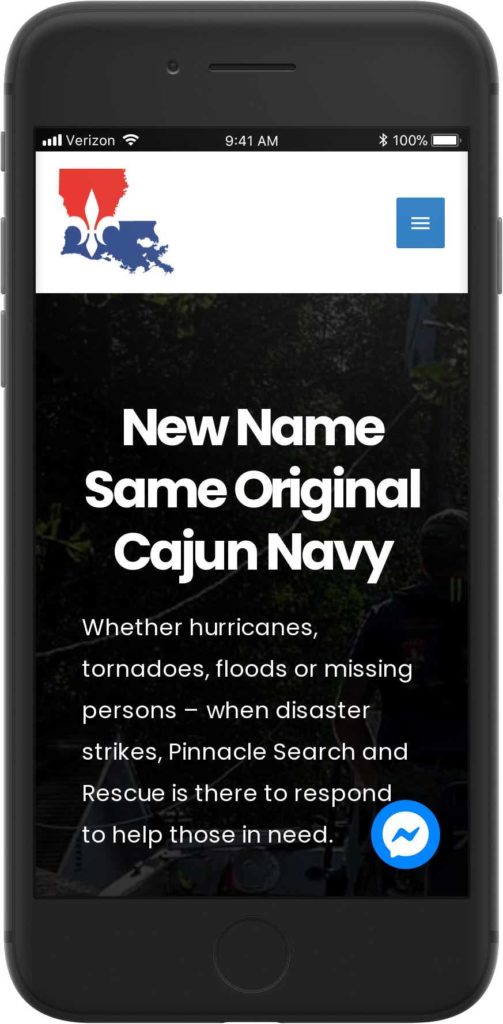
Internet users looking for a service provider frequently look for one online. They’ll visit the website of prospective businesses to find out more information such as:
- Services
- Pricing
- Location
- Testimonials from previous and current customers. (Here are examples on our testimonials page).
- Business history
- How to contact or schedule an appointment
If you’re a service-based website owner, you must help your visitors find the information that they’re looking for and gain their trust when they arrive at your site.
Make sure to include (at a minimum) the information above and provide properly optimized (and sized) photos of your past work.
Ensure that your website is optimized correctly for search engines to make sure you show up above your competition in search engine results pages (SERPs).
The Purpose of Blogs
Although the website types mentioned above may (technically) be blogs, we’ll leave them in their respective categories for this article.
The primary purpose of a blog is to provide regularly-updated content to a user. Blogs are usually run by an individual or small group, written in an informal or conversational style.
WordPress was initially created as a content management system (CMS) for bloggers due to its ease of use and smaller learning curve. WordPress has evolved over the years and currently powers over 34% of websites today.
Blogs can be used for entertainment purposes or (like in the link above) as a means for a company or business to educate its readers. The critical element is that it’s relatively easy for an untrained person to set up and maintain with little to no technical knowledge.
The Purpose of Social Media Websites
The purpose of a social media website is to make it easy to connect with, communicate, and share with friends, family, coworkers, acquaintances, and in some cases, strangers.
Social Media Websites make it quick and easy to build up a network of connections for a user to:
- Keep in touch
- Share experiences
- Share photos
- Discuss interests
- Find like-minded individuals and groups
Social networking websites can be used for both personal and commercial purposes.
Businesses can use these social media websites to build and nurture connections with their customers, allowing them to get feedback on their products and service and learn about their wants and needs.
Finding The Purpose For Your Website
Now that you know the different types of websites and characteristics of each type, it’s time to find the purpose for yours and into which above category (or categories) it lies.
Think of your typical website visitor, their search intent, and the action that you want them to perform. Now, make sure that your website’s design has the information that you think they’re looking for, that your site looks good, is easy to read and navigate, and it’s easy for your visitor to perform the intended action.
That’s it—the purpose of a website.
Get Professional Website Help
If you’re suffering from information overload, having difficulty defining your website’s purpose, or would rather have a professional website developer do your heavy lifting, we’re here to help.
BlakSheep Creative has over two decades of experience in creating beautiful websites that convert. Contact us to learn what we can do for you to help your website serve its intended purpose.
